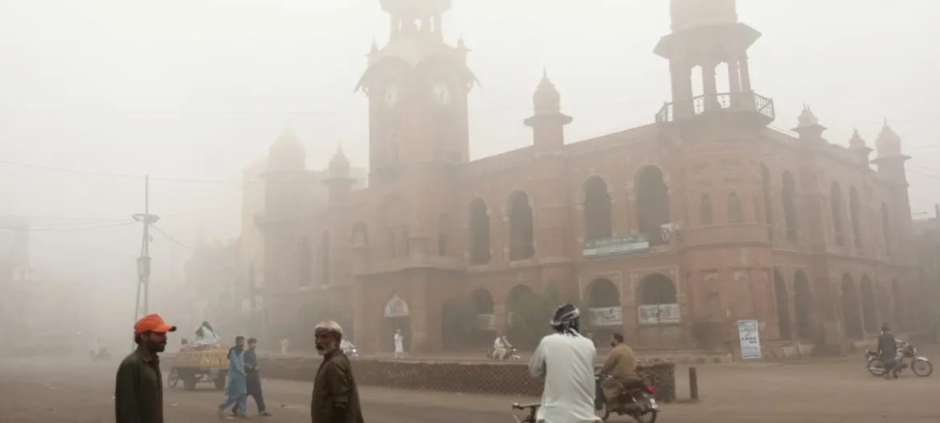Lahore continues to struggle with severe air pollution, with an Air Quality Index (AQI) reading of 290, making it the second-most polluted major city globally, just behind Sarajevo, Bosnia-Herzegovina, which had an AQI of 324. New Delhi, India, followed in third place with an AQI of 246, and Kuwait City had an AQI of 201. This hazardous air quality poses significant health risks, particularly for vulnerable groups such as children, the elderly, and those with pre-existing respiratory or cardiovascular conditions.
Despite the high levels of pollution, Punjab authorities have relaxed some anti-smog measures, allowing schools, recreational venues, and construction activities to resume under specific guidelines. However, restrictions on heavy traffic remain in place for weekdays, and businesses must comply with regulations like using hood systems during barbecuing operations.
Also Read: Lahore High Court Bans Smoke-Emitting Commercial Generators
The government has recently installed 30 modern air quality monitors in Lahore and other smog-affected districts, and plans to install 25 more in the near future. These monitors are part of the government’s effort to track air quality and provide real-time data to the public and researchers. The AQI in Lahore showed a slight improvement, with a reading of 175, still categorized as unhealthy.
However, the health impact remains serious. Thousands of people, particularly elderly individuals and children, have been visiting hospitals with respiratory issues such as cough, asthma, fever, and eye problems. Lahore alone has registered over 3,000 cases of respiratory diseases, and hospitals are struggling to cope with the influx.
In response, the Punjab government has also relaxed certain smog restrictions. Kilns using zigzag technology are now allowed to operate, and construction work and office attendance have resumed. However, businesses are still required to close early, with shops closing by 8:00 pm and restaurants by 10:00 pm.
While these measures provide some relief, the ongoing smog continues to affect daily life, with the weather forecast predicting that fog and smog will persist in parts of Punjab and upper Sindh, especially during the morning and night hours. The Deputy Commissioner of Lahore, Syed Musa Raza, has advised residents to limit unnecessary travel, wear masks, and protect vulnerable individuals from the harmful effects of the pollution.











